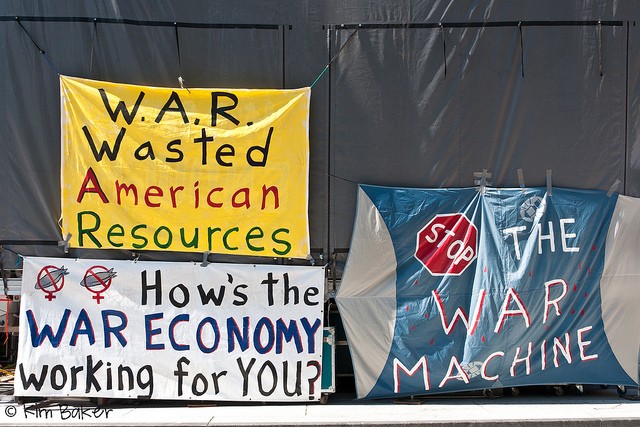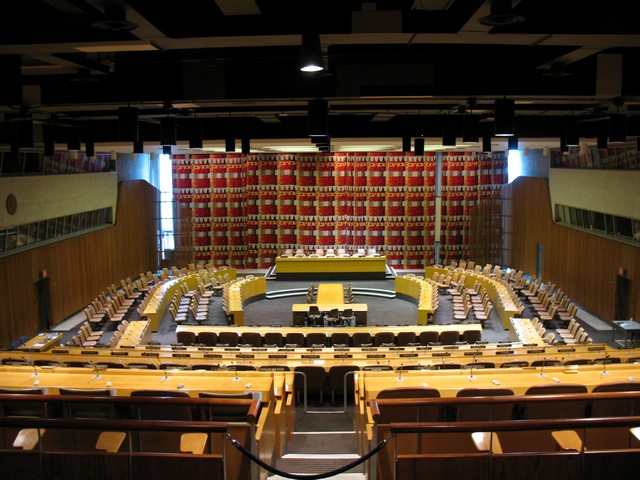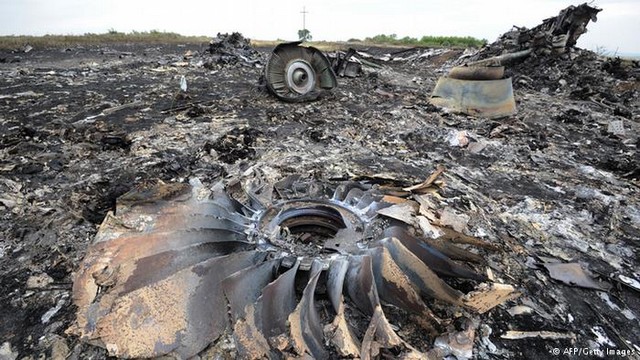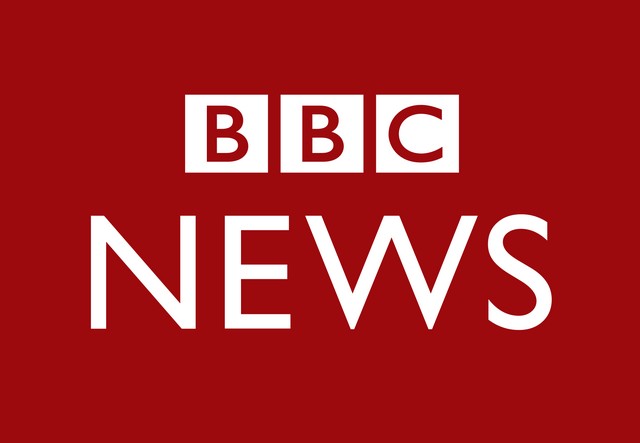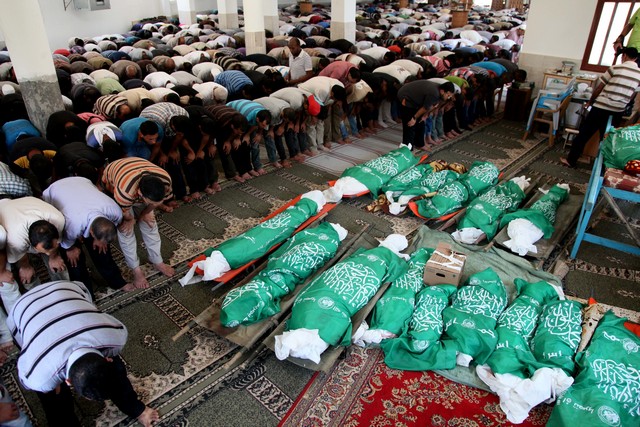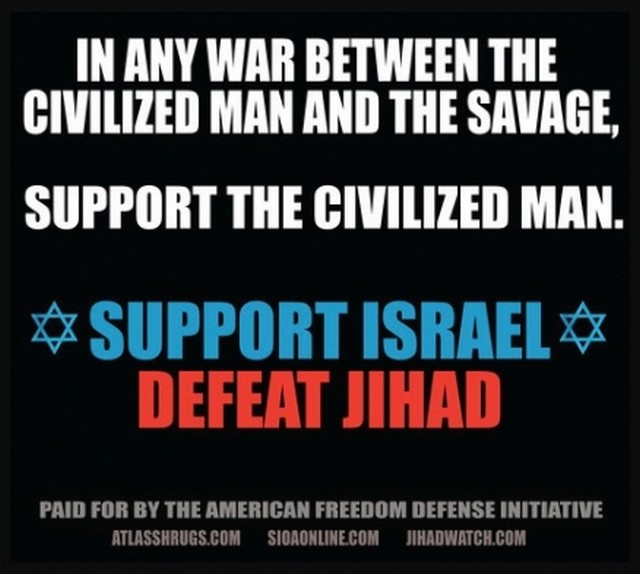By Kevin Zeese & Margaret Flowers
As US Empire fades, we must choose our path forward
World history is filled with empires, e.g. the Roman and Byzantine empires, the European colonial empires, various ancient Iranian empires, the Arab Caliphate and Ottoman Empire, the Soviet Union to name a few. These historic empires have one thing in common: they no longer exist. As the lifecycle of empire wanes, rather than being a benefit to the home country, sustaining empire becomes more expensive than it is worth.
While the US economy and military remain the largest in the world, the economy is faltering and losing its vitality. Chalmers Johnson, a CIA analyst who became a critic of the agency and author of a series on US Empire, writes :
“Thirty-five years from now, America’s official century of being top dog (1945-2045) will have come to an end; its time may, in fact, be running out right now. We are likely to begin to look ever more like a giant version of England at the end of its imperial run, as we come face-to-face with, if not necessarily to terms with, our aging infrastructure, declining international clout, and sagging economy.”
The US began as a colony of European empires, especially of England, and then evolved into its own North American Empire. Thomas Jefferson called the United States an “empire of Liberty” when he purchased the Louisiana Territory in 1803. As “Manifest Destiny” took root, the US stole land of Indigenous peoples, appropriated Texas and Oregon and then went onto California. The Mexican War and Texas cessation took 55% of Mexico’s pre-1836 territory including lands in present day California, Nevada, Utah, Arizona, New Mexico, Colorado and Wyoming as well as Texas through its cession from Mexico.
The modern US Empire has its roots in the Spanish-American War when the US occupied Cuba, Puerto Rico and the Philippines and in the two World Wars. Since World War II, the United States has been a growing global imperial power at war—somewhere—every year. Seymour Melman wrote in March of 2003: “Now, at the start of the twenty-first century, every major aspect of American life is being shaped by our Permanent War Economy.” This has been a prime cause of the hollowing out of the domestic economy.
Rather than fixing the infrastructure, which the American Society of Civil Engineers ranks in its annual report card as a D+, the federal government’s “financing is lavished without stint to promote every kind of war industry, and foreign investing by U.S. firms.” As Seymour points out “there is no public ‘space’ for dialogue on how to improve the quality of our lives. Such topics are subordinate to ‘how to make war.’”
Economy and Empire
An empire must keep its client states happy as well as its transnational corporations profitable. This has resulted in a foreign policy designed for corporate interests and foreign oligarchs. The Wikileaks documents show US secrecy often hides crimes , abuses and unethical behavior linked to corporate interests; it also hides actions of a government that operates not for the public interest but for the profits of transnational corporations ; and that is why secrecy is often necessary. We see this most glaringly in the rigged trade agreements being negotiated in secret except for hundreds of corporate advisers who work with the US Trade Representative in writing the agreements.
The flood of migrants coming from Central America is blowback from US foreign policy in the region. Just as NAFTA undermined the Mexican economy, Central American trade agreements have done the same for that region. Further, US support for brutal governments who impoverish their people and support for coups against governments that try to create greater equity have made these nations very difficult to live in. Even US drug policy adds to the misery in these countries. People desperate to survive come North in the hopes of finding a better life. While some cities, most recently Vancouver, seek to become sanctuary cities that protect immigrants, the Obama administration takes the approach of criminalization and deportation .
Not only does Empire foreign policy undermine the federal budget, with 55% of discretionary spending going to the military, but it also undermines the US economy as jobs are shipped overseas and corporations hide trillions of dollars in assets overseas to avoid paying taxes (see, for example, this article, Boycott Walgreens: The Tax-Dodger On The Corner ) . Empire economics does not serve the workers in the US or abroad and does not serve the security of people as safety nets are shredded as austerity is needed to fund weapons and war.
The cost of war has escalated. Just one weapons system, the F-35, a fighter jet that has been grounded because it does not work, has cost $49 billion per year since the program begin in 2006. Hayes Brown of Think Progress made a list of what that money could have been spent on instead. It could have bought a mansion for every homeless person, fed every school child in the US, funded every humanitarian crisis or provided global security through the UN or provided funding to rebuild America.
The economic impact of Empire policy is going to take a new turn as nations become allies outside of US influence. This week was the beginning of an alternative to the International Monetary Fund (IMF) as the BRICS nations (Brazil, Russia, India, China and South Africa) officially launched the BRICS Development Bank . This comes at the same time that 78 nations have called for a new era where there is respect for the sovereignty of nations and policies that seek economic, environmental and social justice. Many nations of the world are fighting back against US hegemony.
Empire Economy Causing Unrest
Not only are governments challenging US dominance, but people are fighting back as well. A wave of revolts, not only in the US but around the world, against big finance capitalism that allows transnational corporations to dominate the world economy has the power structure, including bankers , on heightened alert. The US military has been spending tens of millions since 2008 in the Minerva Project studying how protest movements develop and go viral. This week we learned the military was studying how to control emotions by manipulating social media . We also learned that spy agencies also have tools to manipulate social media in order to control people.
And, we see their fear in the harsh way they handle protests against Empire policies. Last week in Syracuse, a nonviolent protester against drones and grandmother of three, Mary Anne Grady Flores, was sentenced to one year in jail . You can see video of her moving sentencing speech here . After her sentencing, another drone protester was convicted and is also facing a year in jail. Flores was released on bail pending appeal , but 7 subsequent drone protesters were hit with heavy bail after they were arrested.
The Empire advocates should be afraid. Earlier this year a war was stopped when people united to oppose the attack on Syria. Currently, the Israelis cannot hide their war crimes, even if the media does not report them. We are developing our own media tools that can stop and expose the realities of wars
The former Assistant Secretary of Treasury Paul Craig Roberts reviews the realities of the failing US economy , piercing the veil of false media reporting on a non-existent “recovery” and tying it to the Empire economy, asking:
“In view of this reality, why is Washington pushing its puppet in Kiev toward war with Russia? Why is Washington pushing NATO to spend more money and build more bases on which to deploy more troops in the Baltics and Eastern Europe, especially when Washington’s contribution will be the largest part of the cost? Why is Washington re-entering the Middle East conflict that Washington began by inciting Sunni and Shia against one another? Why is Washington constructing new naval and air bases from the Philippines to Vietnam in order to encircle China?
“If Washington is this unaware of its budget constraints and its financial predicament, it cannot be long before Americans experience economic catastrophe.”
The Arc of US Empire Shows Decline
The last 100 years of Empire and imperialism brought the US great wealth, creating the largest economy in the world which the IMF values as $17 trillion or one-quarter of the global economy. Today, the US economy is struggling with high unemployment, record numbers of Americans dropping out of the job market, large trade deficits and declines in many measures of standard of living. At the same time, other countries, most notably China, India, Brazil and Russia, are beginning to challenge the US.
As noted earlier, these countries along with South Africa joined together to create the BRICS development bank to challenge the World Bank and IMF, which are dominated by the US and its western allies. This may be the most important challenge to US economic dominance since 1945 especially when combined with bilateral agreements between countries that omit the US dollar, weakening its position as the reserve currency of the world.
Alfred W. McCoy, author of Policing America’s Empire: The United States, the Philippines, and the Rise of the Surveillance State , convened a global working group of 140 historians to consider the fate of the US as an imperial power. He predicts four scenarios for the future of the United States, all leading to the end of Empire.
First on the list is economic decline. He writes that “three main threats exist to America’s dominant position in the global economy: loss of economic clout thanks to a shrinking share of world trade, the decline of American technological innovation, and the end of the dollar’s privileged status as the global reserve currency.” The scenario ends with:
“After years of swelling deficits fed by incessant warfare in distant lands, in 2020, as long expected, the U.S. dollar finally loses its special status as the world’s reserve currency. Suddenly, the cost of imports soars. Unable to pay for swelling deficits by selling now-devalued Treasury notes abroad, Washington is finally forced to slash its bloated military budget. Under pressure at home and abroad, Washington slowly pulls U.S. forces back from hundreds of overseas bases to a continental perimeter. By now, however, it is far too late.”
The second is fear of oil shock by the leadership which explains the US’ current extreme energy extraction boom even though it threatens the environment and public health. McCoy writes that the waning economic power of the United States has caused it to lose control of the world’s oil supplies. In 2010, he pointed out that while the US was still a gas guzzler, “China became the world’s number one energy consumer this summer, a position the U.S. had held for over a century.”
Further he emphasized the rising power of Iran and Russia, two countries the US is belligerent with, saying that by 2025 they will “control almost half of the world’s natural gas supply, which will potentially give them enormous leverage over energy-starved Europe. Add petroleum reserves to the mix and, as the National Intelligence Council has warned , in just 15 years two countries, Russia and Iran, could ‘emerge as energy kingpins.’” Competing with them through extreme energy extraction, under the “all of the above” energy strategy, will come at tremendous cost to the ecology of the US and the planet.
The third scenario is what our last article on Empire examined : Military Misadventure. McCoy writes : “Counterintuitively, as their power wanes, empires often plunge into ill-advised military misadventures. … These operations, irrational even from an imperial point of view, often yield hemorrhaging expenditures or humiliating defeats that only accelerate the loss of power.” He points to the invasion and occupation of Iraq and Afghanistan, with war threatened in Pakistan.
McCoy describes how with the US military “stretched thin from Somalia to the Philippines and tensions rising in Israel, Iran, and Korea, possible combinations for a disastrous military crisis abroad are multifold.” Since writing this, the US military is stretched even thinner with more military crisis areas, e.g. Libya, Syria, the Ukraine and Russia unfolding. Each could grow into a wider conflict.
The final scenario is World War III in the Asian Pacific which he described as having previously been “America’s Lake,” but which is now challenged by China. The US fears China as, he notes, “the Pentagon reported that Beijing now holds ‘the capability to attack… [U.S.] aircraft carriers in the western Pacific Ocean’ and target ‘nuclear forces throughout… the continental United States.’”
The Wikileaks cables that were published after McCoy’s article further describe the fears of the US as a declining world power in the face of China. A March 24, 2009 State Department cable describes a meeting between Secretary of State Clinton and Australian Prime Minister Kevin Rudd held in Washington, DC. During the meeting Clinton complained about how difficult it was to take action against China asking “How do you deal toughly with your banker?” Rudd says Australia was playing close attention to China and building up its Navy in response. He urged the US and its allies to pull China into US-dominated structure of state relations, “while also preparing to deploy force if everything goes wrong.”
No doubt this conversation was one of many that led to Obama’s Asian Pivot and the increased focus on negotiating the China-less Trans-Pacific Partnership thus encircling China militarily and economically. McCoy, writing prior to these policy changes, predicts vast resources being spent on the full “spectrum in all dimensions of the modern battlespace.” He describes this including not just traditional military weapons but “a new digital network of air and space robotics, advanced cyberwarfare capabilities, and electronic surveillance.” All of this preparation for conflict with China comes at the expense of the faltering domestic economy and indebted federal budget.
These scenarios describe the decline of US Empire and each has the potential for tremendous negative effects on the domestic economy as the decline occurs. McCoy finds that “every significant trend points toward a far more striking decline in American global power by 2025 than anything Washington now seems to be envisioning.”
How quickly do empires unravel? McCoy writes a warning:
“Despite the aura of omnipotence most empires project, a look at their history should remind us that they are fragile organisms. So delicate is their ecology of power that, when things start to go truly bad, empires regularly unravel with unholy speed: just a year for Portugal, two years for the Soviet Union, eight years for France, 11 years for the Ottomans, 17 years for Great Britain, and, in all likelihood, 22 years for the United States, counting from the crucial year 2003.” (Note: the year of the invasion and occupation of Iraq.)
Creating a Different Future
Of course, it does not have to be this way. The people of the United States can educate themselves about these realities and mobilize to force the government to take a very different course. Chalmers Johnson presents a different vision :
“If, however, we were to dismantle our empire of military bases and redirect our economy toward productive, instead of destructive, industries; if we maintained our volunteer armed forces primarily to defend our own shores (and perhaps to be used at the behest of the United Nations); if we began to invest in our infrastructure, education, health care, and savings, then we might have a chance to reinvent ourselves as a productive, normal nation.”
Melman argues that to achieve this “We must come to grips with America’s State Capitalism and its Permanent War Economy. Failing that, there is no hope for any constructive exit.” Johnson does not see this scenario as likely, but it is up to us to make it likely, to recreate the world as we want it to be. The crisis of American Empire is an opportunity for a new course of action that can save us, and the world.
There has been more than 100 years of people seeking to end war as a means of solving conflicts between nations and peoples. A new campaign, World Beyond War , is seeking to organize a global movement to end war. They are raising money for a billboard campaign that will build on the opposition to war, teach that ‘war cannot end war’ and let people know there is a movement for them to join.
While ending war and US Empire would be monumental changes, they seem reasonable when we look at the predicament of the United States: the economy is failing, the world is looking for alternatives to the US dollar, the US military has not won a major war since World War II and is stretched thin around the globe, the cost of military equipment has skyrocketed, the traditional energy supply is uncertain and risky, the people and nations around the world are revolting and public opinion in the US opposes war and militarism.
On a positive note, as we write this the US House of Representatives just voted in a bipartisan landslide 370 to 40, to require the President to come to Congress to get authorization to renew the war in Iraq. Last year a war in Syria was stopped when it became clear Congress would not support it – after citizen pressure. The people have more power than we realize.
Now is the time to build our power and use it. Let’s organize to end Empire and militarism and create an alternative democratized economy that puts the needs of people and the planet first.
This is Part II of a series on Empire. Part I: U.S. Empire Reaches A Breaking Point Time to End It
27 July, 2014
Countercurrents.org

